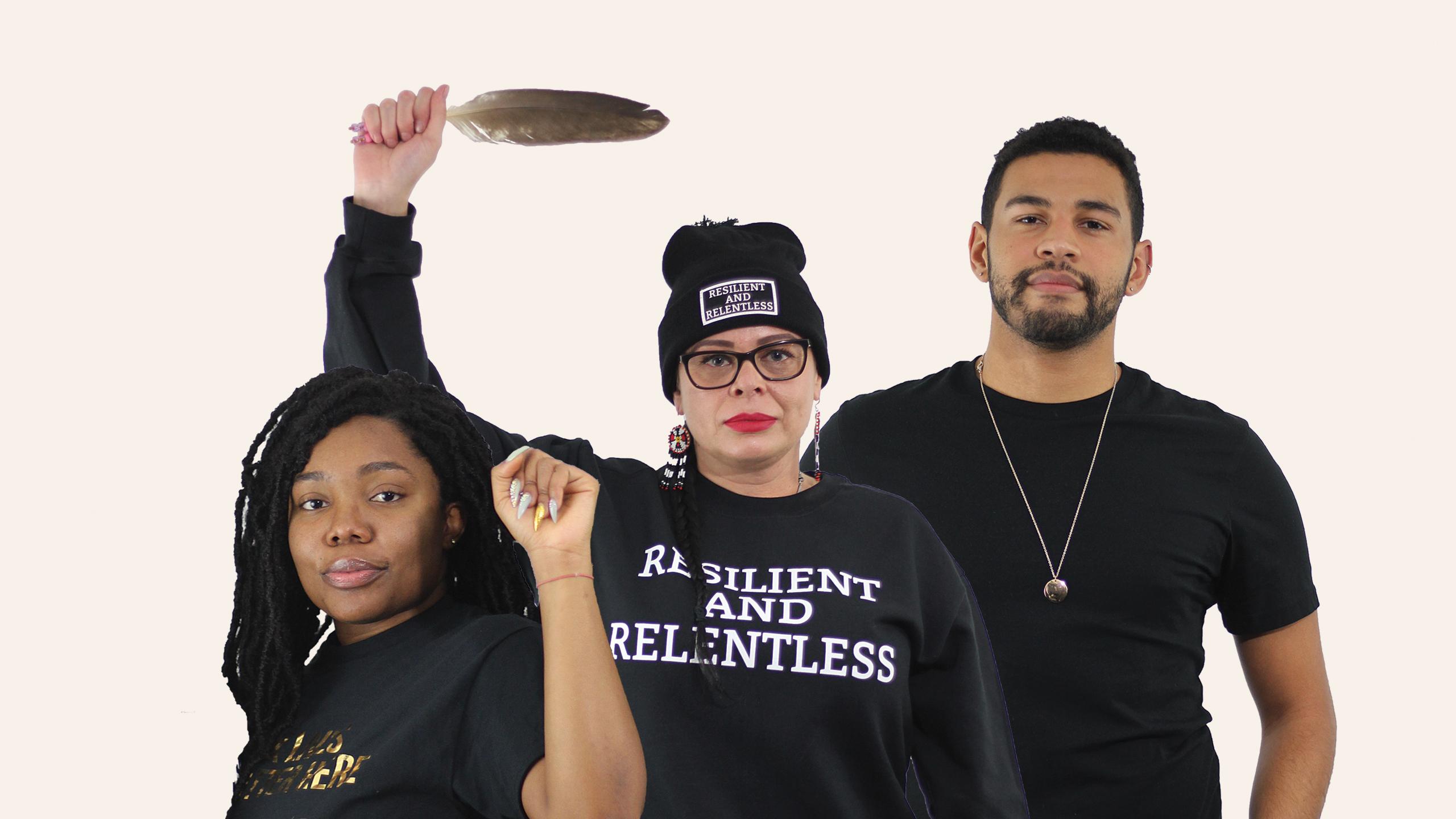By Zena Salem
Ryerson students have had a historical presence when it comes to challenging the academic or governmental system. While freedom of speech continues to be debated by administration and community members, it’s a good time to acknowledge the rich history of activism at Ryerson.
Student activism started before Ryerson was recognized as a university, when it was the Ryerson Polytechnic Institute. Over two decades ago a Ryerson Students’ Union leader, alongside four others, was arrested and jailed for two days, after rallying to fight education cutbacks. In 2000, five Ryerson students spent a night in jail following their participation in a protest that drew 500 high school and post-secondary students to protest the Conservative government’s education policies.
Student activism has done more than make headlines at Ryerson. In 2008, the RSU’s VP of Education put a motion to the Canadian Federation of Students that called for a boycott of Israeli universities. Sheldon Levy rejected the boycott, saying Ryerson remains open and committed to academic freedom and freedom of speech. Incidently, that same year, administration made African students remove Kente cloth from their graduation gowns. However, students protested and declined to remove them.
This fight continues today as students push for policies that benefit students, while pressuring administration to work through an anti-oppressive lens.
Co-founder of Black Lives Matter Toronto (BLMTO) and Ryerson alumni Pascale Diverlus, made significant campus changes when she was the RSU VP Equity. She successfully worked to implement women’s-only gym hours.
“It was actually a really long campaign and one that was met [with] so much backlash, and now that it’s a reality we sit back here like why was it such a big issue?” said Diverlus. Her activism went beyond campus, and throughout the GTA when she co-founded BLMTO.
“It’s a daily struggle for marginalized students to access post-secondary education and not deal with some sort of racism or minimization of their experiences“
When it comes to Ryerson’s resistance to student activists, Diverlus says Ryerson’s stance on diversity and inclusion is not genuine. “There’s so many holes and gaps that need to be filled within this institution. [Ryerson] hails itself as being a leader in diversity and inclusion, but those of us who are actually marginalized face so much opposition when we try to address issues.”
Phyllis McKenna, current VP Equity and Campaigns of CESAR has advocated and assisted Indigenous students on campus in several ways. McKenna assisted Indigenous community members in organizing Not One More Indigenous Child, a vigil to honour victims of the ongoing Indigenous youth suicide crisis, and Idle No More Round Dance, a protest movement from 2012 to stop economic and social inequality.
McKenna’s activism has given her a clear vision to where institutional racism comes from. She said that her activism couldn’t have been done without the work of other activists on the ground every day such as Sigrid Kneve and Sue Lynn. “Activism work doesn’t happen solo, it takes community to work together.”
She said Ryerson’s way of addressing student voices is not enough. “As settlers, I don’t think they know the scope of the problem. It’s a daily struggle for marginalized students to access post-secondary education and not deal with some sort of racism or minimization of their experiences.”
Freedom of expression and student voices at Ryerson have had a long journey. Students disrupted the last Senate meeting to protest the newly drafted free speech policy. The protest was led by the Black Liberation Collective (BLC) and Indigenous Students Rising (ISR) after rallying on campus and calling out Ryerson’s complicit relationship with Ontario Premier Doug Ford. They put flyers on campus with graphics of Ryerson in bed with Ford.
“It showed that Black students will always do what we need to do in order to maintain our safety. And that when we do so we can get results,” said Josh Lamers, co-founder of the BLC.*
“Black, Indigenous, women, queer, trans/gender non-conforming students are the ones putting ourselves on the line,” Lamers added, saying that Ryerson’s administration is not doing serious work for students, and instead rely on student activists to take action.
“Ryerson needs to do better and not only listen to students’ demands, but take it a step further, and take action on our needs,” said McKenna.
*22/11/2018: This story has been updated from its original version to include the quotes of Josh Lamers, co-founder of the Black Liberation Collective.










Leave a Reply